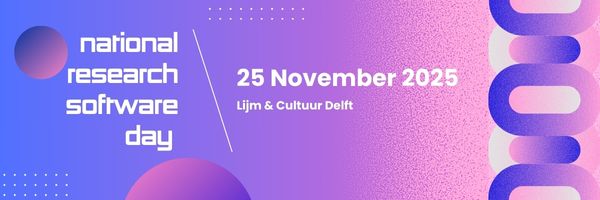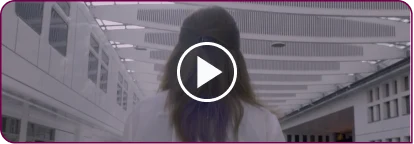RSE Survey 2018 Results are in!
July 1, 2019
By Ben van Werkhoven, NL-RSE
The results from the yearly International RSE Survey have been published already, but we haven't actually shared the results for RSEs in the Netherlands yet! In this article, we'll give you a brief summary of the results specific to the Netherlands!
Employment
We'll start of by taking a look at where RSEs are working in the Netherlands. We can see from the data that RSEs are still spread across a large number of Universities and Institutes, but the majority works at a Dutch University.
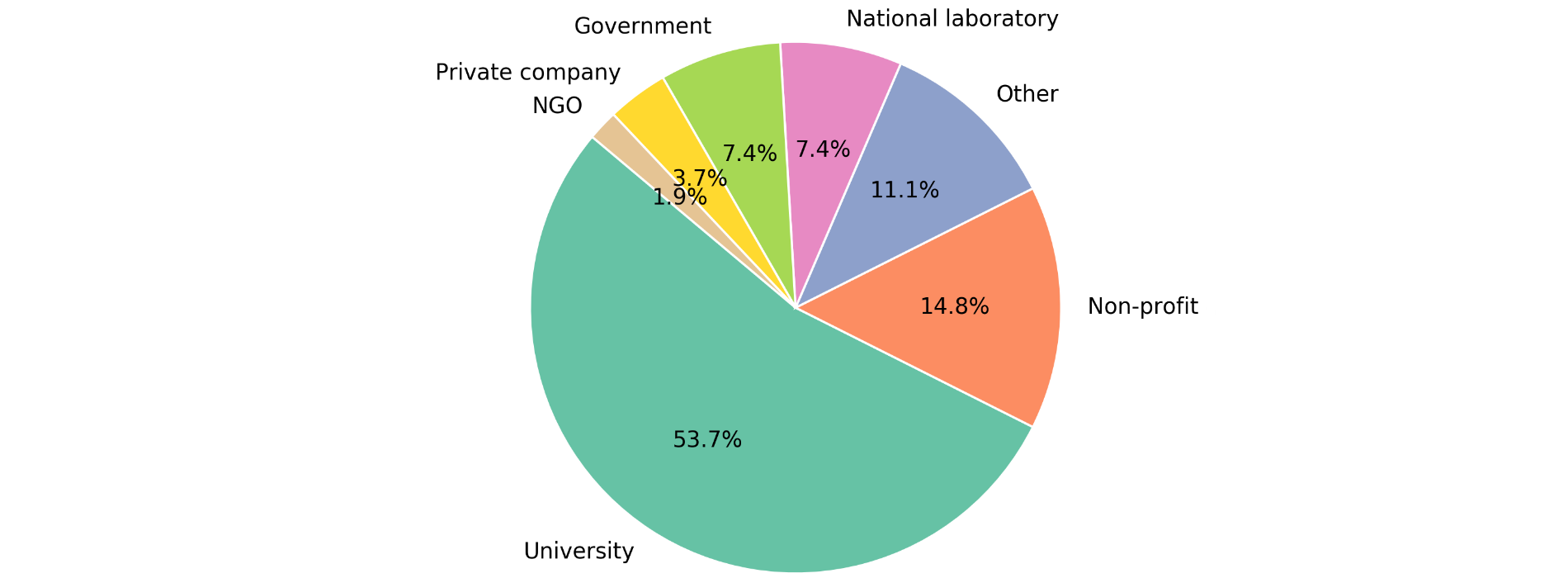
In the 2017 RSE Survey, we noticed that about 64% of RSEs have a permanent position and roughly 34% has a fixed-term position, with the last 2% having a different nature of employment. In the 2018 survey, more detailed answering options were available and as such we can look at the nature of employment of RSEs in the Netherlands in more detail.
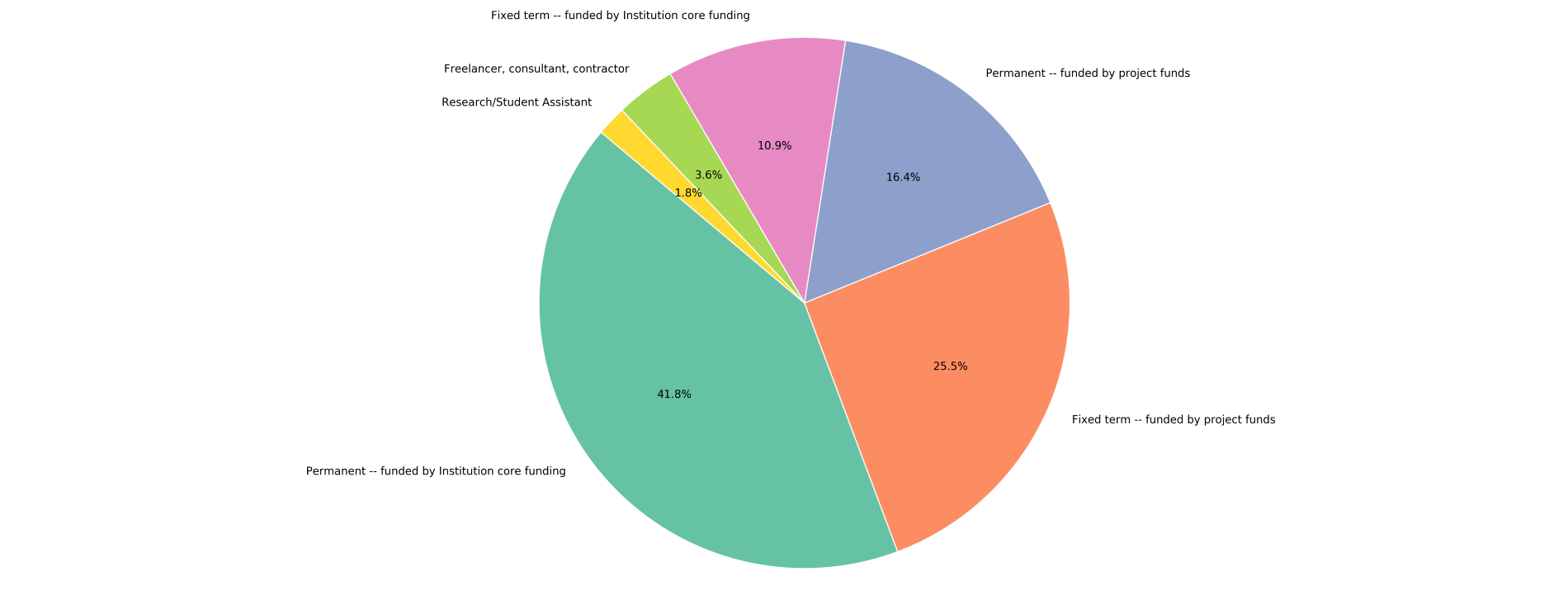
We can still see that over 58% of respondents have some form of permanent position, where as about 36% has some form of fixed-term position, and 3.6% of RSEs are self employed. The results are slightly different from 2017, but we cannot say yet if this is a trend over time or due to fact that each survey is a different sample from the population of RSEs in the Netherlands.
When working in an academic environment it is essential for your carreer that you can show the impact of your work and your contributions to science through publications. In 2017, the survey contained the question "Were you acknowledged in the paper?" to which respondents could answer yes or no. Then, about 75% of RSEs answered that they were acknowledged in scientific publications about research to which their software was crucial. Because acknowledgement can come in many different forms, the 2018 survey included for more specific answers. So now we can have a look at exactly how RSEs are acknowledged for their work in scientific publications.
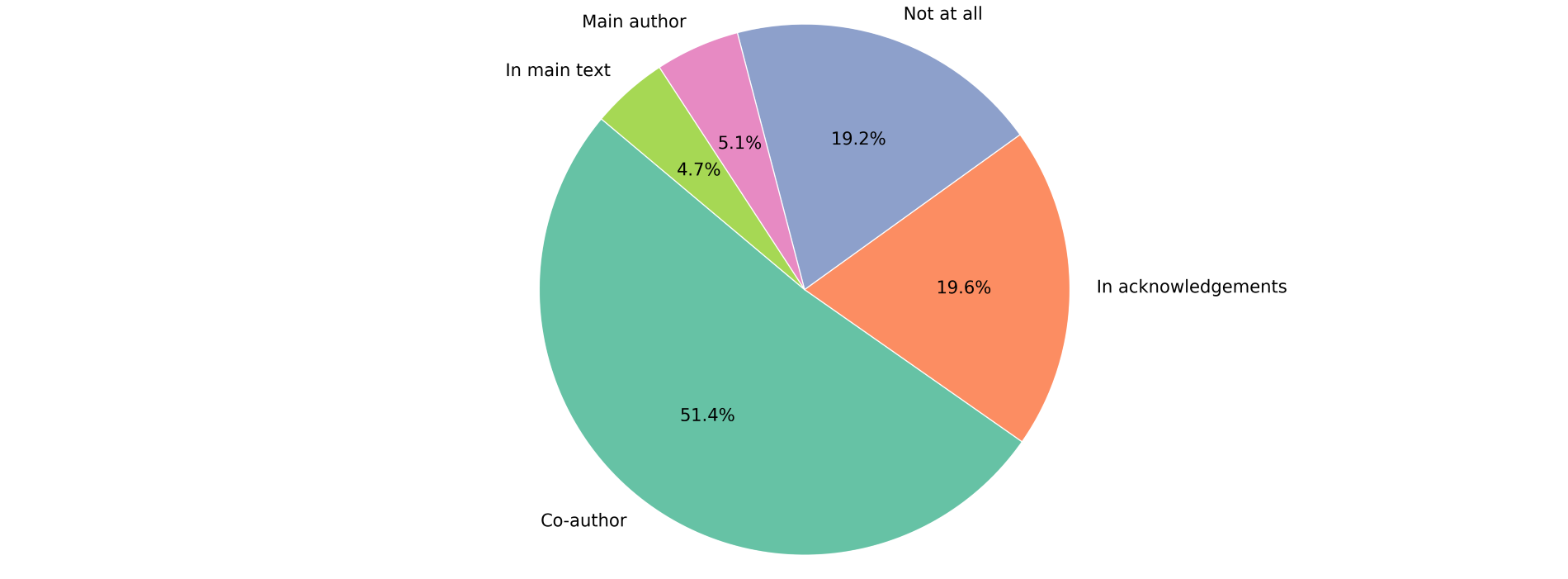
As we can see, the number of RSEs that are acknowledged as main or co-author does not add up to 75%, as some RSEs are only acknowledged in the maintext or acknowledgements. Still, about 19.2% of RSEs answered that their work was not at all acknowledged, which is very bad and can be damaging for their carreer.
Technical
The 2018 survey contained several questions about the technical aspects of the work of RSEs. The survey asked RSEs about their practice with regard to open source, software citation, and their use of DOIs through the following questions:
- How often do you use an open-source licence for your software?
- How often do you reference software directly or the papers describing the software?'
- How often do you associate your software with a Digital Object Identifier (DOI)?

Because the answers could be given on a scale from 1 (None at all) to 10 (All the time) we also show the results on this scale. It seems that using open source licences for software is very common practice among RSEs. The same appears to be true for citing software or software papers in scientific publications. It seems however that it's far less common for RSEs to associate their software with a DOI. It might be worth noting that tools like Zenodo can automatically generate a DOI for you everytime you make a new release of your software on GitHub.
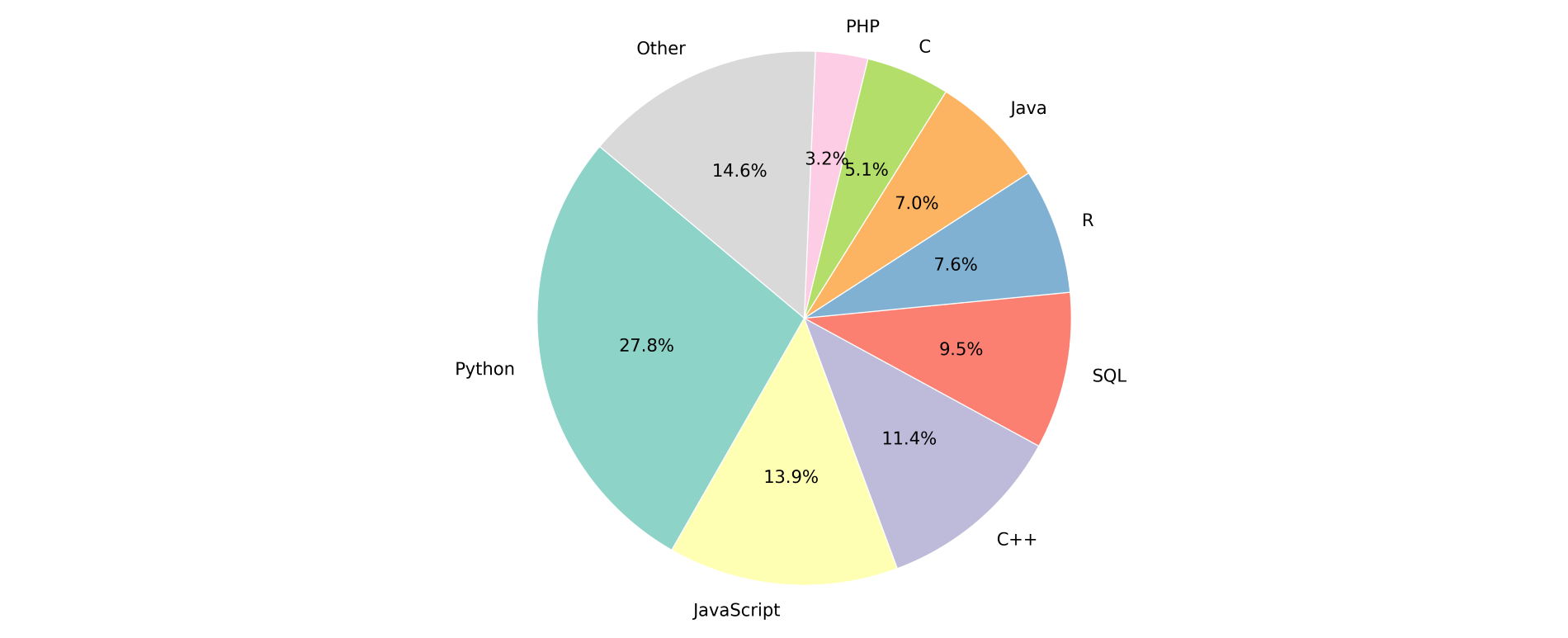
Of course, the choice of programming language is something that all software developers can have lunch-debates about forever. And as with all things the 'best' language is depends on what you are trying do. However, among RSEs we do have a clear winner, as it seems that Python is the prevalent programming language according to RSEs participating in the survey. Note that respondents could select multiple languages as part of their answer.
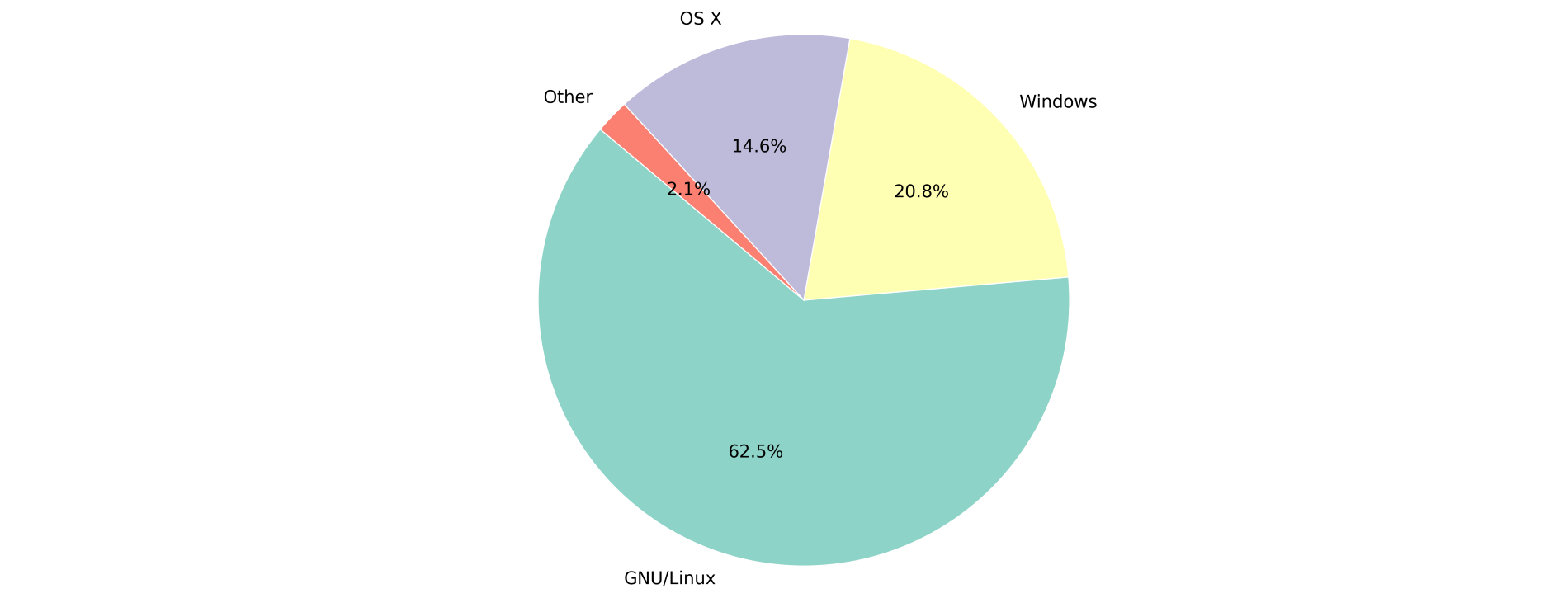
As expected, any flavor of Linux is still the dominant choice of operating system for RSEs when developing research software.
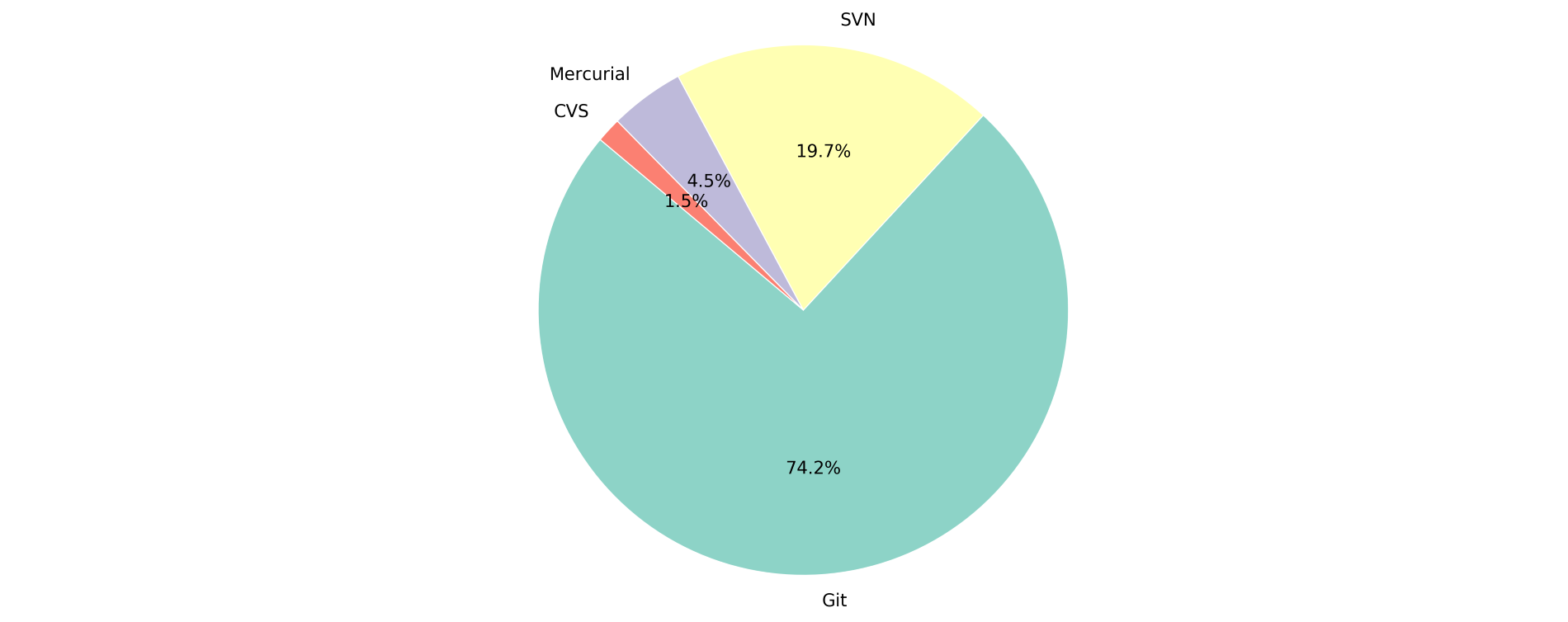
Version control is indispensable when developing software and the this also holds for research software. As such, the survey inquired what kind of version control system RSEs are using for their software development. It turns out, unsurprisingly perhaps, that Git is by far the most popular.
National RSE organization
A set of questions from the survey was of particular interest to NL-RSE, since it was about what NL-RSE could do for the RSEs in the Netherlands. The first question we'll look into is: "What would you hope to get out of a national RSE association?"
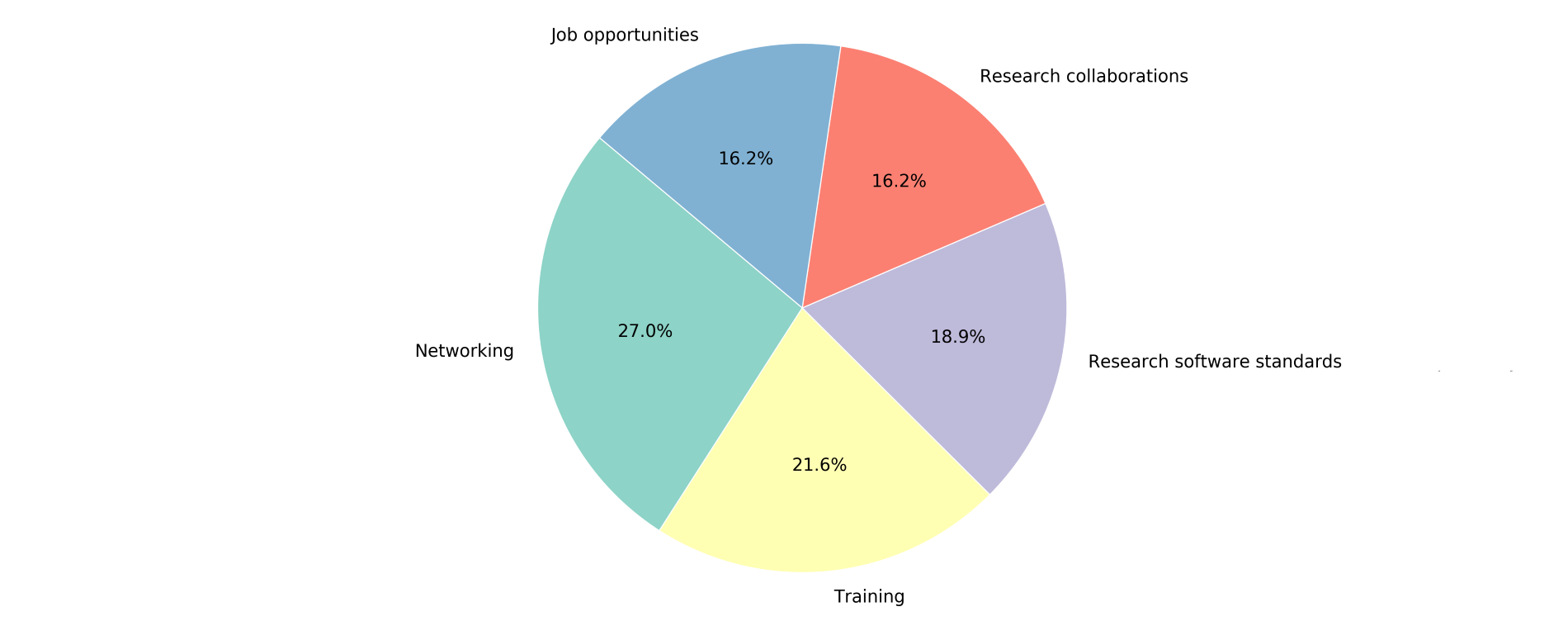
We can see that what RSEs hope to get from NL-RSE is actually diverse. Although the largest theme you could say is on networking, finding job opportunities, and research collaborations. However, training and software development practices also deserve our attention. If you like to organize events, give trainings, or work on software development standards, please consider becoming actively involved with NL-RSE! We are always looking for new active members! Please send an email to info@nl-rse.org.

The final question that we'll discuss here is another very interesting one! Would you like to attend a national RSE event? An overwhelming number of RSEs in the Netherlands answered YES to this question! And for those of you, we have good news! NL-RSE will be organizing a first NL-RSE conference in November 2019! Be sure to join the NL-RSE mailinglist to stay up to date on information about the event.
